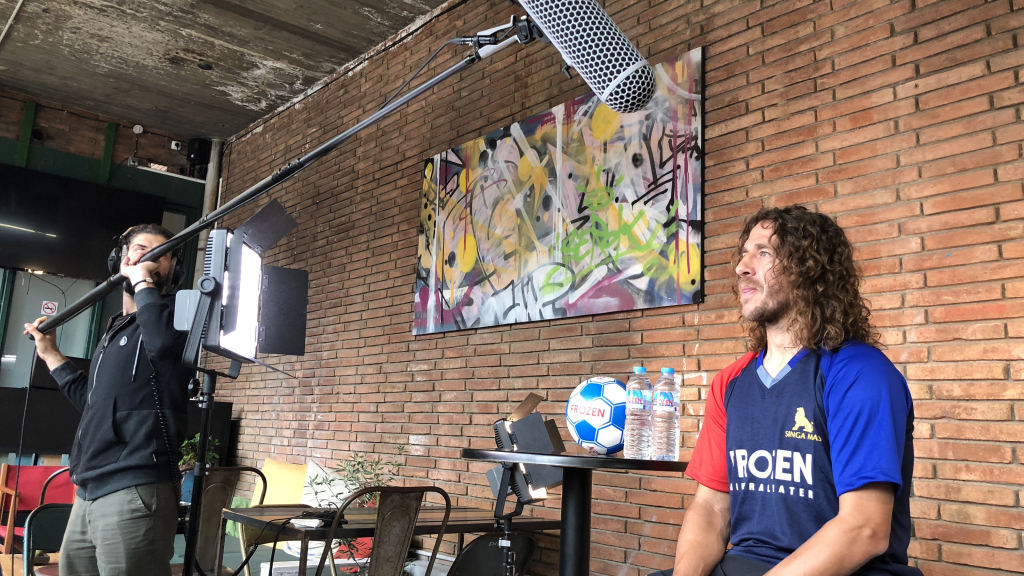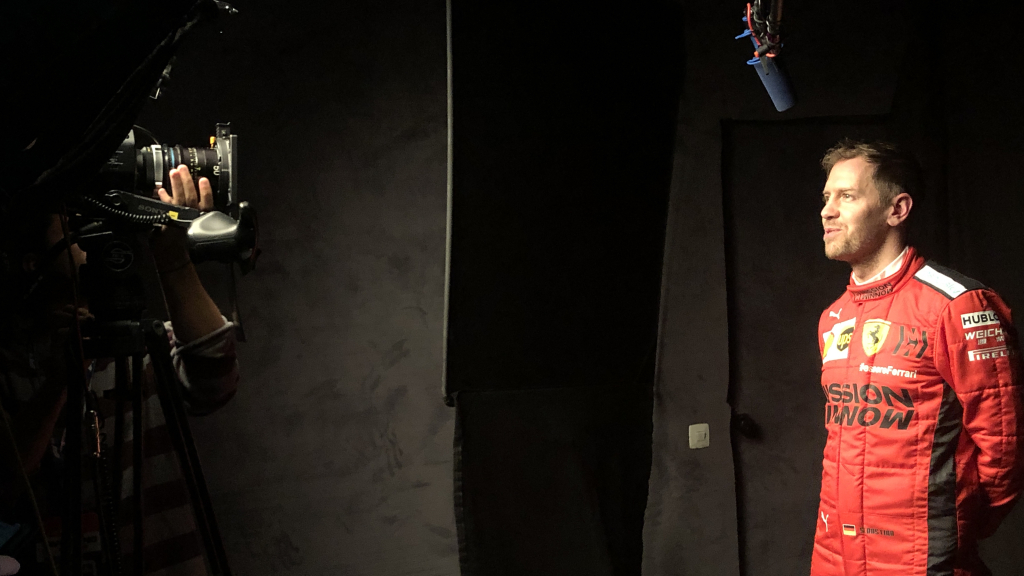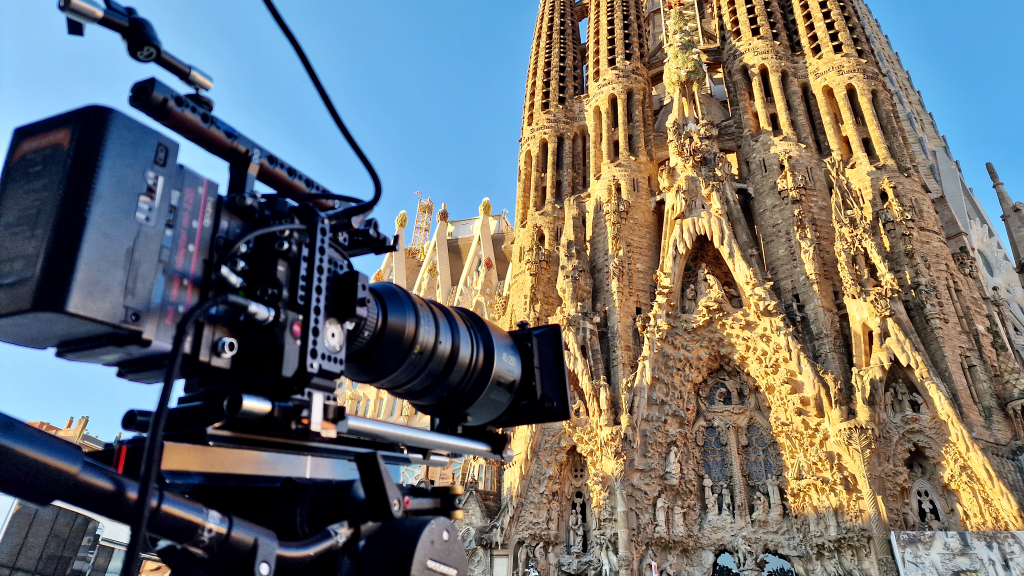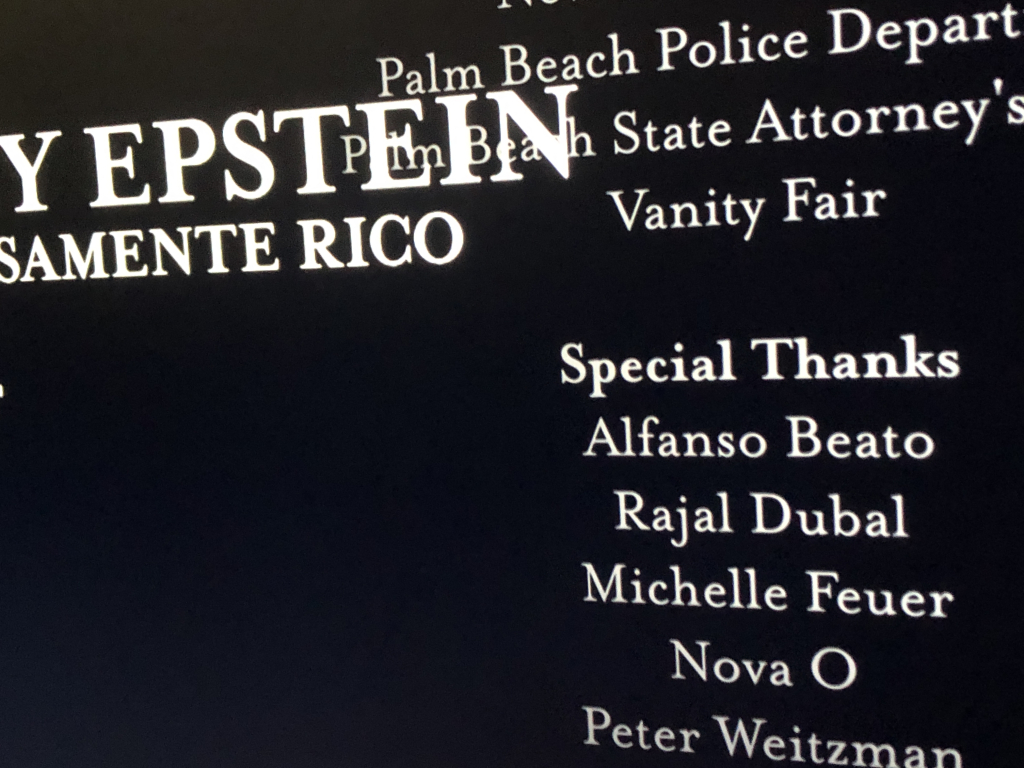Freedom of press
Article 19. Everyone has the right to freedom of opinion and expression
Donald Trump is putting an end to what was left of the Cold War. NATO was created at the beginning of the Cold War. It was founded on April 4, 1949, in a context of rising tensions between the United States and its Western allies on one side, and the Soviet Union on the other.
We may see the U.S. leave NATO; at the very least, the European Union is considering this scenario.
The U.S., Great Britain, and the Soviet Union were allies against the Nazis, and it was only after World War II ended that the U.S. began an anti-communist campaign, even promoting George Orwell’s Animal Farm, a novel that no one wanted to publish before the conflict ended due to its criticism of Stalin’s totalitarianism.
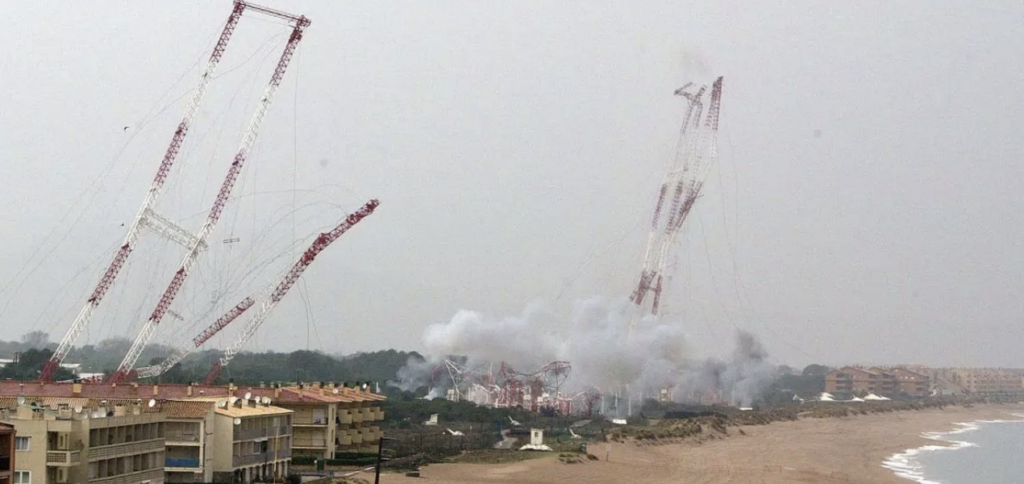
Voice of America and other U.S. public media, such as Radio Liberty, which had its transmission antennas in Spanish territory, were the communication tools that, under the umbrella of USAGM, the U.S. used during World War II and later during the Cold War to bring press freedom to citizens living under oppressive regimes without democracy.
The first broadcast began like this: “The news may be good or bad. We shall tell you the truth.”
Until last week, USAGM’s media outlets were bringing press freedom to over 4 billion people around the world, including China, Russia, Iran, North Korea, Cuba, Afghanistan, and many others. Translated into more than 60 languages, they were still delivering press freedom to oppressed citizens lacking democracy in their countries.
With the agency’s closure, Donald Trump aims to save 800 million euros; the U.S. military budget for fiscal year 2025 is approximately 895 billion dollars. The maths shows that the agency represents 0.089% of the U.S. military budget.
With this, the U.S. is burying the only public media outlet it had, leaving millions of citizens around the world without a trusted source of information—one that many call propaganda simply because it’s publicly funded, even though we see how private media often dance more to the tune of whoever is in power. And now, the closure proves that a U.S. president had no way to manipulate the outlet, and the only option left was to shut it down. This leaves countless journalists stranded, who have worked defending press freedom even in territories without democracy—where they reported on atrocities committed by dictators and totalitarian regimes—and whom the U.S. is now abandoning to their fate.
I have lost a platform to report from Spain on the various effects of international policies in a global world. But colleagues have lost their main source of income; correspondents in Moscow, London, and other capitals where the role required almost full dedication are now left out in the cold. Let’s take note of what happens if we allow ultra-liberal clowns to take power—Catalan public TV3 might be next.
Alfonso Beato



